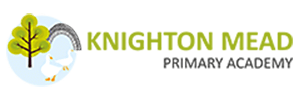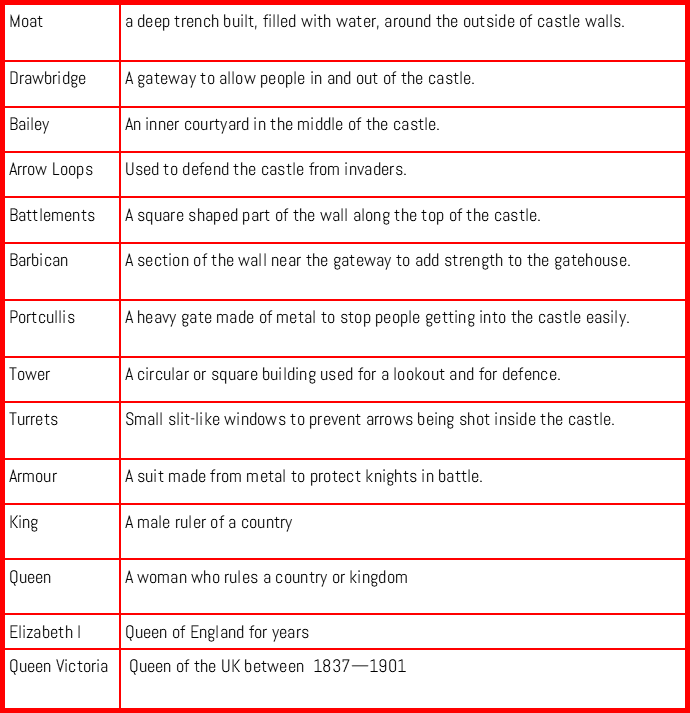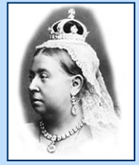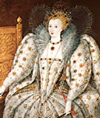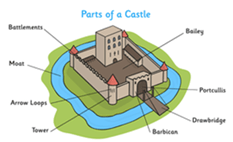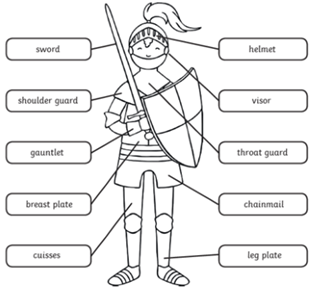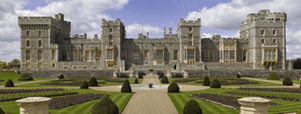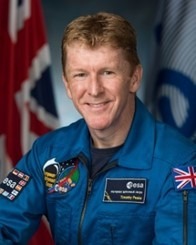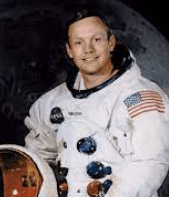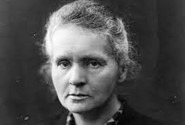At Knighton Mead Primary Academy, we believe History should engage, inspire and challenge pupils, equipping them with the knowledge and skills to investigate theorise and understand. As pupils progress, they should be able to think critically and develop a more rigorous understanding of the world around them. They should also know how history is relevant in the creation of the world we live in.
National Curriculum Aims
- know and understand the history of these islands as a coherent, chronological narrative, from the earliest times to the present day: how people’s lives have shaped this nation and how Britain has influenced and been influenced by the wider world
- know and understand significant aspects of the history of the wider world: the nature of ancient civilisations; the expansion and dissolution of empires; characteristic features of past non-European societies; achievements and follies of mankind
- gain and deploy a historically grounded understanding of abstract terms such as ‘empire’, ‘civilisation’, ‘parliament’ and ‘peasantry’
- understand historical concepts such as continuity and change, cause and consequence, similarity, difference and significance, and use them to make connections, draw contrasts, analyse trends, frame historically valid questions and create their own structured accounts, including written narratives and analyses
- understand the methods of historical enquiry, including how evidence is used rigorously to make historical claims, and discern how and why contrasting arguments and interpretations of the past have been constructed
- gain historical perspective by placing their growing knowledge into different contexts: understanding the connections between local, regional, national and international history; between cultural, economic, military, political, religious and social history; and between short- and long-term timescale.
Enrichment
At Knighton Mead, we aim to provide enrichment opportunities for pupils to enhance their experiences and learning. In History we aim to do this through:
- Access to creative learning boxes, which contain artefacts and relevant books based on history topics.
- Access to CSL workshops, which enhance the children’s understanding of the history topic they are studying.
Subject Policies/Plans
History Curriculum Guide
History Curriculum Overview
History Skills Progression
Subject Leader/s
Miss Chaudhry
